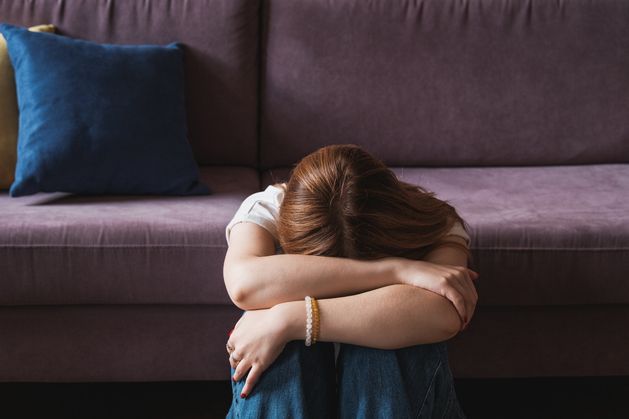Fitness
We see children with suicidal ideation every day, says Temple Street doctor

Dr Elizabeth Barrett said that in the past, as a trainee doctor in paediatrics, she would see one or two children a week presenting to the emergency department who had self-harmed or were suffering with suicidal ideation.
“And now we’ll typically have children every day presenting with suicidal ideation and self-harm. For example, in the last Central Statistics Office figures, suicide was the number one cause of death of people under 25 in Ireland, which is a really stark figure,” she said.
“And again for anxiety, similarly, I work with children across the hospital from a range of medical specialities as a liaison psychiatrist and anxiety in its various shapes and forms is the number one cause of referral of paediatric patients to our liaison team in Temple Street. So anxiety is also a very, very significant problem for children and adolescents.”
Dr Barrett was speaking to Dr Afif El-Khuffash, a neonatologist and paediatrician in the Rotunda who presents The Baby Tribe podcast.
She said there is a lot of research going into the drivers of these issues. She described how mild anxiety is a common part of life and “there would be basic psychological supports for young people who are experiencing what might be anxiety in the very normal realm”.
However, where anxiety is well established and getting in the way of everyday life, it could meet the criteria for an anxiety disorder and a person will need more specialist help. Asked about advice to parents, she said it is important to distinguish normal feelings of anxiety from the more serious.
“We know that children find normally stressful situations like schools, stressors, exams and normal adolescent expectations to be stressful.
“They experience all of those physical and psychological experiences that happen as part of anxiety. We very much have to normalise or certainly not pathologise what is a normal experience.”
Managing normal levels of anxiety can be helped by exercise, having a routine, having a diet that promotes good mental health and having good anxiety management techniques, she said.
But if anxiety is getting in the way of everyday life and may involve obsessive compulsive disorder, more specific intervention is needed, she added.
“Unfortunately in Ireland now, the Child and Adolescent Mental Health Service are so under-resourced that with the best will in the world, sometimes people wait quite a long time on a waiting list and when they get to treatment, normally treatment is very good,” she said. “It’s usually a combination of psychological approaches and perhaps things like cognitive behavioural therapy.
“Around 10 to 20pc of children will need to access mental health supports but 0.6pc of the health budget goes to children’s mental health… it’s such a missed opportunity in terms of preventing long-term morbidity for children and for families.”
For support services, call Samaritans free on 116 123 or email jo@samaritans.ie; or call Pieta on Freephone 1800 247 247 or text HELP to 51444.










